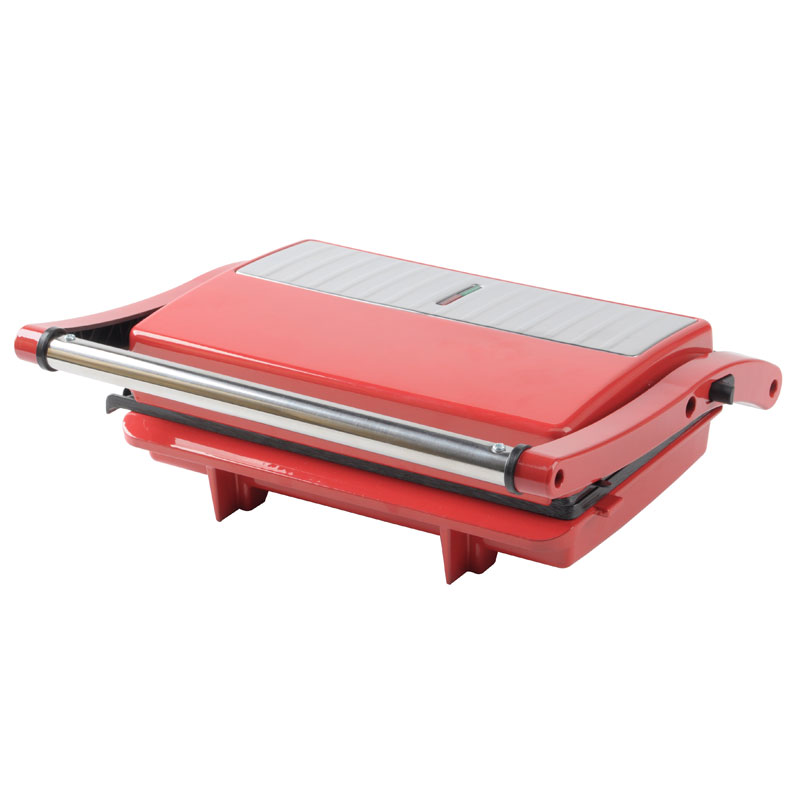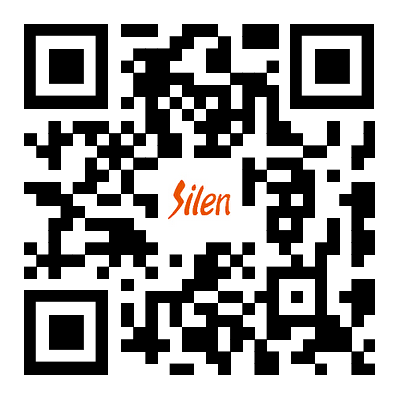What specific standards do UL contact grills follow?
2025-09-26
UL's certification standards for contact grills primarily cover the following areas to ensure product safety, performance, and reliability. These standards cover requirements for electrical safety, fire risk, and mechanical strength.
1. UL 1026: Safety Standard for Household Appliances
This is a key UL safety standard for household appliances, covering the design, manufacturing, and performance requirements for electric grills. The standard includes:
Electrical Safety: This standard specifies safety requirements for electrical components to ensure that the equipment does not experience electrical failures during use, avoiding risks such as electric shock and short circuits.
Temperature Control: The grill's thermostat must meet a certain accuracy range to ensure it does not overheat or lose control when used at high temperatures.
Mechanical Strength: The standard requires contact grills to be constructed to be durable and sturdy, able to withstand the stress and wear of daily use and prevent component loss or deformation.
2. UL 1951: Safety Requirements for Household and Commercial Electrical Heating Appliances
This standard applies to heating appliances used in household and commercial applications, including contact grills. The standard covers:
Heating Element Safety: Heating elements must have good thermal insulation and high-temperature resistance to prevent fires caused by excessive temperatures.
Overheat Protection: Electric grills must have an overheat protection mechanism that automatically shuts off power if the internal temperature of the device rises abnormally, preventing fires.
Electrical Isolation: Ensure that all electrical components are electrically isolated from user-contact parts to avoid the risk of electrical short circuits or electric shock.
3. UL 499: Safety Standard for Electric Heating Equipment
This standard applies to all types of electric heating equipment, including contact grills. Key features include:
Electrical Performance: This standard covers the design of components such as the equipment's electrical wiring, plugs, and switches, which must be able to withstand long-term current and voltage fluctuations.
Electrical Safety Testing: The equipment must pass multiple electrical safety tests, including high-temperature resistance, short-circuit, and overcurrent testing.
Fire Resistance: The outer casing and inner layer of electric heating equipment must be flame-retardant to reduce the risk of fire.
4. UL 867: Safety Standard for Air Cleaners and Air Purifiers
Although this standard primarily addresses air cleaners, certain types of contact electric grills are also subject to similar safety standards to ensure that they do not generate hazardous gases or fumes during operation.
5. Environmental Compatibility Requirements
The housing and components of contact grills must be adaptable to varying operating environments, such as humidity, temperature, and dust. UL certification standards require that grills maintain stable performance under varying climate conditions to prevent equipment failures caused by environmental fluctuations.
6. EMC (Electromagnetic Compatibility) Requirements
Some UL-certified contact grills are also subject to EMC requirements to ensure that they do not generate electromagnetic waves that could interfere with other electronic equipment and are not susceptible to external electromagnetic interference during operation.
In summary: UL certification for contact grills primarily adheres to standards such as UL 1026, UL 1951, and UL 499, focusing on electrical safety, mechanical strength, temperature control, overheat protection, fire resistance, and safe isolation of electrical components from the user. These standards ensure the safety of grills in use, reduce the risk of fire, electrical failures and other potential hazards, and protect consumers' lives and property.






